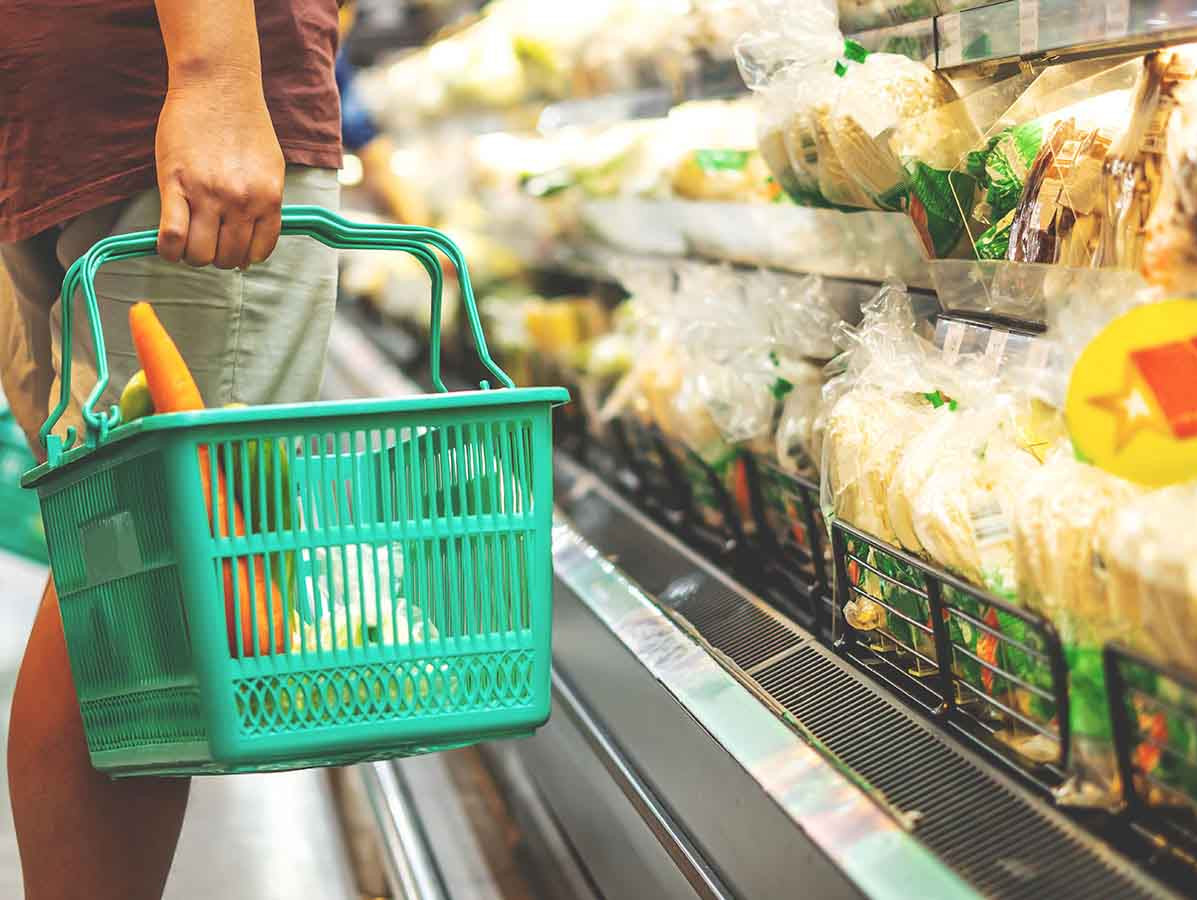
Supermarket sales have fallen sharply as consumers adjust their buying behavior due to price increases, according to ABN AMRO. They are paying more attention to price and buying less. Consumers say they are wasting less food, cooking simpler dishes and consuming less meat or fish to save money.
In the first quarter of this year, supermarket sales fell 4.8 percent, according to Statistics Netherlands (CBS). In particular, supermarket meat sales have been weak for nine quarters in a row. Sales of fresh products such as vegetables, fruit and dairy have also been falling for several quarters.
Much of the decline can be attributed to the reopening of the hospitality industry after corona measures were lifted. Consumers are returning to the supermarket less often and more often to restaurants, sandwich stores or snack bars. Although there is a correction after the supermarket run during the pandemic, sales are still lower than in the first quarter of 2019.
Consumers have become more critical because of high supermarket prices and lower purchasing power. They are choosing private brands more often, paying attention to offers and going to discounters more often. Research shows that consumers are also adjusting their behavior in the kitchen because of increased prices. They waste less food, snack less, reduce the use of meat and cook cheaper pasta or potatoes.
Sales volumes vary by product. Compared to the first quarter of 2019, supermarket sales of meat decreased by 13 percent, dairy by 6 percent and fresh fruit by 4 percent. However, vegetable sales are up 4 percent. Higher prices offset falling volumes, resulting in total euro sales up substantially compared to 2019.
The adjustment of eating habits by consumers is due to lower purchasing power and higher food prices. Purchasing power is expected to drop 0.2 percent this year, following a 2.7 percent drop in 2022. Although food prices have increased, they are lower than earlier this year. Consumers are now paying 25 to 30 percent more for food than in 2019.
Food prices rose due to higher input costs, such as agricultural commodities and energy prices. These costs have since fallen, but it may take some time for consumers to notice. This is because supermarket prices are agreed upon between supermarkets and producers for an extended period of time. After the summer, however, stabilization and even price declines are expected.
Supermarkets will try to lower prices through keener bargaining. However, higher labor costs for food producers may be a hindrance. In addition, the price of agricultural commodities remains uncertain due to drought and geopolitical tensions.
ABN AMRO expects pressure on sales volumes to continue this year due to lower purchasing power and higher prices. Consumers remain critical of their spending.
Source: ABN AMRO